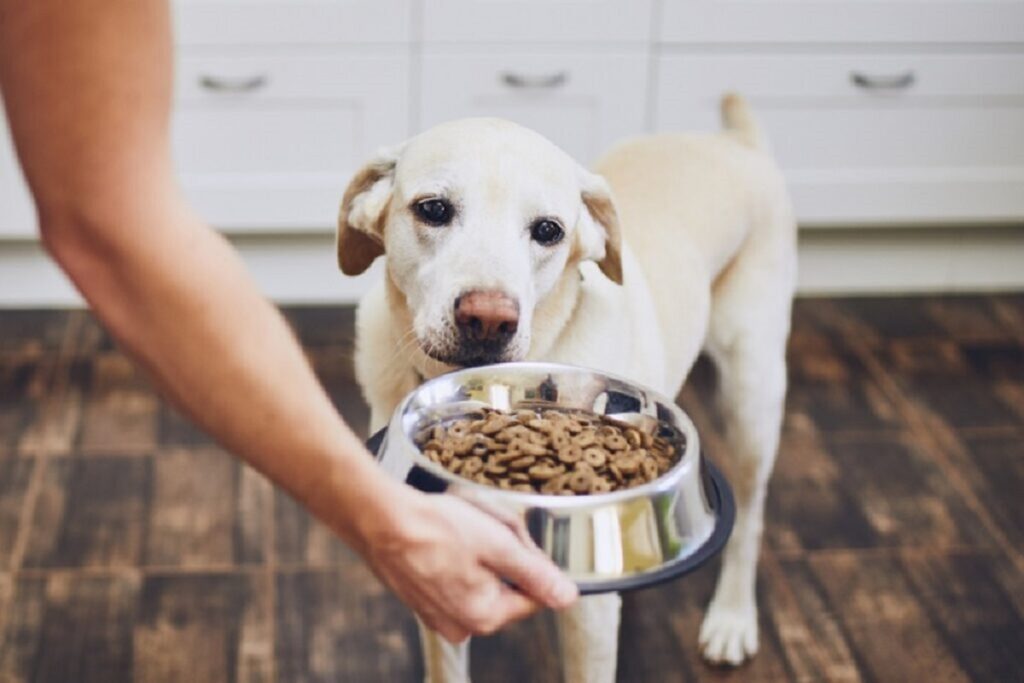As a devoted dog owner, it’s only natural to want to indulge your four-legged friend with tasty meals and treats. After all, they’re not just pets; they’re family. However, recent discussions among veterinarians have sparked concerns about a rising trend among dog owners: the shift towards homemade meals for dogs. While the motivation behind these homemade dishes is undoubtedly affectionate, vets are urging owners to take a step back and rethink this practice for the sake of their pets’ health.
The Risks of Homemade Dog Diets
I’ll admit it—I’m guilty of spoiling my terrier mix, Sprout, with special homemade meals on occasion. But after speaking with veterinary experts, I’ve started to reconsider my approach to my pup’s diet. One vet, in a conversation with Buzzfeed, voiced a critical point: despite the best intentions, homemade meals often fail to provide the balanced nutrition dogs require.
Humans thrive on a diverse range of foods, but dogs have specific dietary needs that can be challenging to satisfy with home-cooked options. This is where nutritional imbalances come into play. Well-meaning pet owners can unintentionally harm their dogs by serving meals that lack essential vitamins, minerals, and nutrients necessary for good health.
As this unnamed veterinarian noted, “I’ve witnessed cases where owners, trying to do the right thing, inadvertently make their dogs unwell due to nutritionally unbalanced meals. These discrepancies can result in serious health issues, ranging from gastrointestinal distress to severe conditions like bladder stones.”
Tailoring Nutrition to Individual Dogs
In the realm of canine nutrition, a one-size-fits-all approach simply doesn’t exist. Each dog has unique dietary requirements influenced by factors such as age, breed, size, and existing health conditions. For instance, a highly active Border Collie will have different nutritional needs compared to an older Pug grappling with health problems. Feeding a dog a diet limited to just chicken and sweet potatoes can leave them deficient in critical nutrients.
When crafting meals for our furry friends, it’s crucial to ensure their diet is both varied and safe. However, this task can be complicated by the fact that certain foods safe for humans can be harmful or even toxic to dogs. The American Kennel Club warns that items such as chocolate, grapes, and onions must be avoided, as they can lead to severe health complications.
To truly provide the best for your dog, a bit of education goes a long way. It’s not merely about sharing your dinner scraps; it’s about developing a well-rounded, secure diet tailored to their specific needs. Seeking guidance from a veterinarian is essential in this regard.
Consult a Veterinarian for Safe, Healthy Meals
While homemade meals may seem like the ultimate expression of love for your dog, obtaining professional advice is crucial. A veterinarian can assist you in creating a dietary plan that ensures your pet receives all the necessary nutrients to live a healthy, happy life. Ultimately, the goal is to keep those tails wagging for as long as possible, which takes more than affection—it requires adequate nutrition and care.
Before you grab the chopping board and start whipping up meals for your pooch, it’s always wise to consult with a veterinary expert. They can help you design a balanced meal plan that supports your dog’s health and longevity. Because when it comes to our pets, their well-being should remain our top priority.







